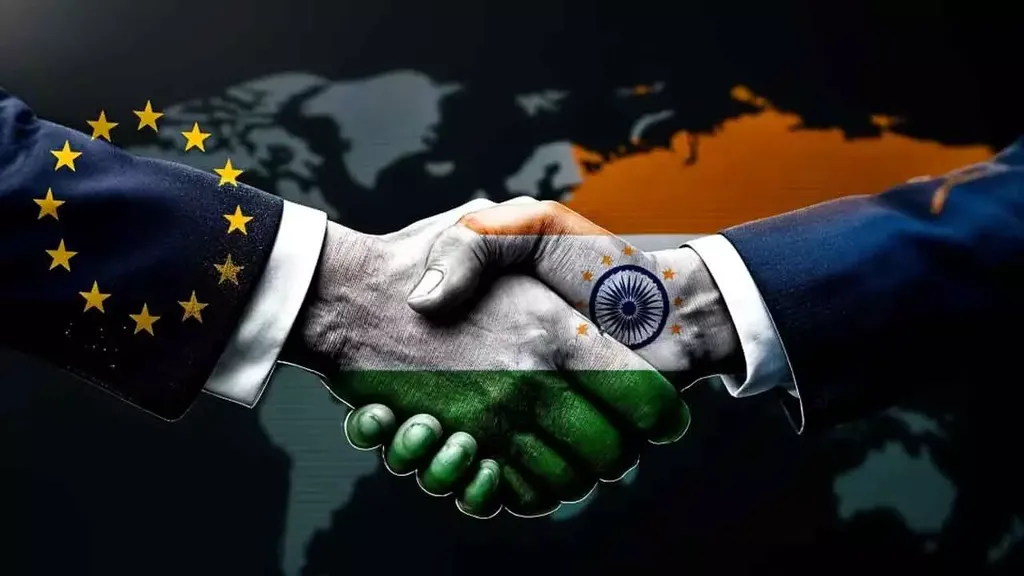The European Union has taken a significant step in strengthening its strategic partnership with India, approving a new agenda that prioritises defence cooperation, trade, and global security. The move, set to be formalised at the next EU-India summit early next year, underscores a growing alignment between the two powers amid shifting geopolitical dynamics.
The EU Council’s strategic agenda focuses on deepening ties in key areas, including sustainability, technology, innovation, security, defence, and connectivity. This broad framework reflects a shared recognition of the need for closer collaboration to address both regional and global challenges. Notably, the agenda emphasises the pursuit of a “balanced, ambitious, mutually beneficial and economically meaningful” free trade agreement (FTA), with both sides aiming to finalise negotiations by the end of this year.
Trade and Economic Ties
The push for an FTA comes as both the EU and India seek to enhance market access, remove trade barriers, and integrate sustainable development principles into their economic relationship. The EU Council welcomed the progress made so far, signalling optimism that a comprehensive agreement could be reached in the near term. Such an accord would not only boost bilateral trade but also reinforce India’s role as a key player in the global economy.
Defence and Security Cooperation
Beyond economic ties, the EU has signalled its intention to establish a Security and Defence Partnership with India. This initiative could pave the way for deeper defence industrial cooperation, aligning with broader efforts to strengthen European and Indian military capabilities. The move comes as both entities grapple with rising security threats, including Russia’s ongoing war in Ukraine and the evolving dynamics in the Indo-Pacific region.
The EU Council also underscored the importance of continued engagement with India on the conflict in Ukraine, reaffirming a commitment to upholding multilateralism and the rules-based international order. “The council emphasises the joint capacity and responsibility of the EU and India to safeguard multilateralism and the rules-based international order with the UN Charter at its core, as well as the multilateral trading system, in particular the WTO,” the statement read.
Geopolitical Implications
The deepening of EU-India ties carries significant geopolitical weight, particularly as both entities navigate an increasingly complex global landscape. For the EU, strengthening relations with India serves as a counterbalance to China’s growing influence in Asia and beyond. Meanwhile, India stands to gain from enhanced access to European markets, technology, and defence capabilities, further solidifying its position as a strategic partner in the Indo-Pacific.
As the EU and India move forward with these discussions, the outcome of the next EU-India summit will be closely watched. The potential for a landmark FTA, coupled with deeper defence cooperation, could reshape the strategic calculus of both regions, reinforcing their commitment to a rules-based international order.

